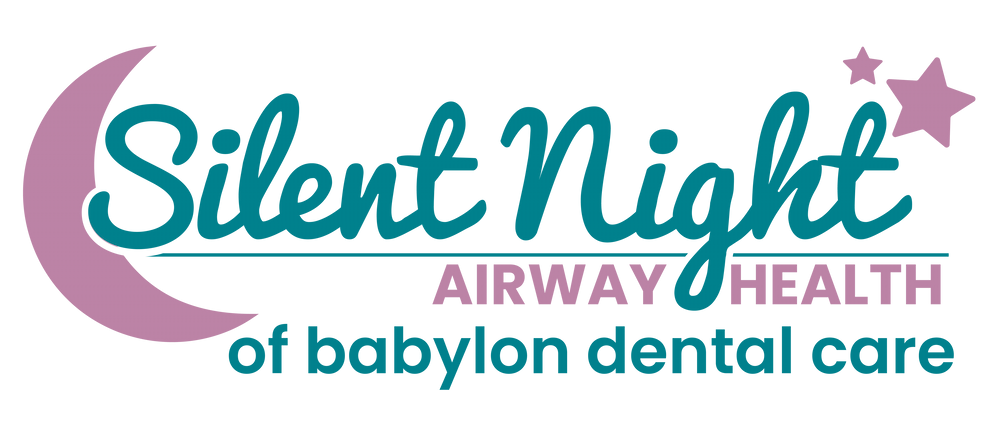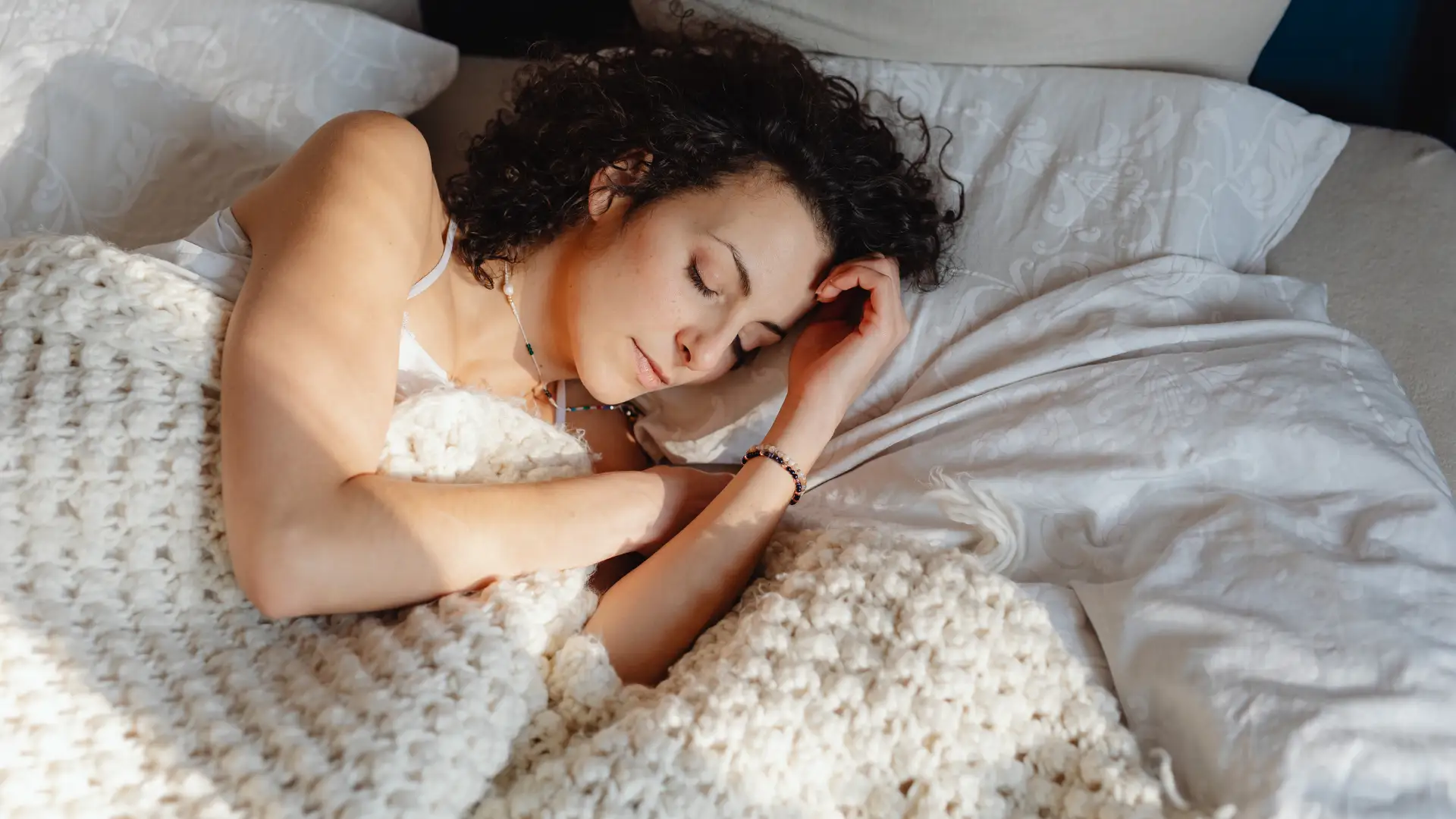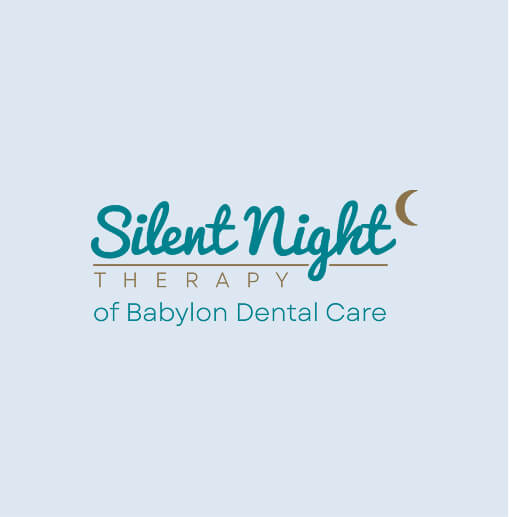Creating the best sleep environment and bedtime routine
Posted By:
December 16, 2019
9:39 PM

Establishing a healthy nightly routine is imperative to getting a good night’s sleep. Shut the door and get into bed with herbal tea and a good book, or whatever is your idea of the perfect hour before sleep. Fine-tuning each component of your sleep environment may take some planning, but it’s worth it for the restful, deep sleep you deserve. Below are a few tips for getting a good night’s sleep:
Adjust the Temperature
It might not seem like something that can be boiled down to pure science, but some scientists have zeroed in on one key component of a good night’s sleep: the room’s temperature. According to an article by the National Sleep Foundation, your bedroom’s temperature should be no hotter than 75 degrees Fahrenheit or colder than 54 degrees Fahrenheit. This, of course, is dependent on your sleep clothes and the heaviness of your blankets, but in general, colder bedrooms will give you better sleep.
Reduce Noise and Darken Your Room
If possible, cut down on as much noise and light as you can. The National Sleep Foundation found that noise between 40 and 70 decibels can keep us up at night. This means something as quiet as your cat pawing at your door at 4 a.m., or as loud as your neighbors down the street throwing a rager into the wee hours could throw off your circadian rhythm. At the same time, though, the absence of some sounds can have the same disturbing effect on us. Have you ever been on vacation to the mountains and can’t fall asleep because you don’t hear the usual traffic outside your window? Our bodies get used to the noise around us and even work them into our nightly routine.
Make Sure Your Partner is Getting Good Rest As Well
One element of a bad night’s sleep is harder to address than the others: a restless partner. If you find yourself wide awake because your partner is snoring or tossing and turning all night, it is time to help them get a better night’s sleep as well. Your partner might be suffering from sleep apnea, which can disturb not only your slumber but could have a negative impact on their health as well.
Contact the Sleep Experts at Silent Night Therapy
If you are having trouble sleeping and believe that snoring (either you or your partner) might be to blame, contact the OSA specialist Dr. Brown and his team at Silent Night Therapy. Everyone deserves a good night’s sleep, and we’ll be here to find the right solution for you. Schedule a consultation with us by calling (631) 983-2463 or by filling out a contact form today.



